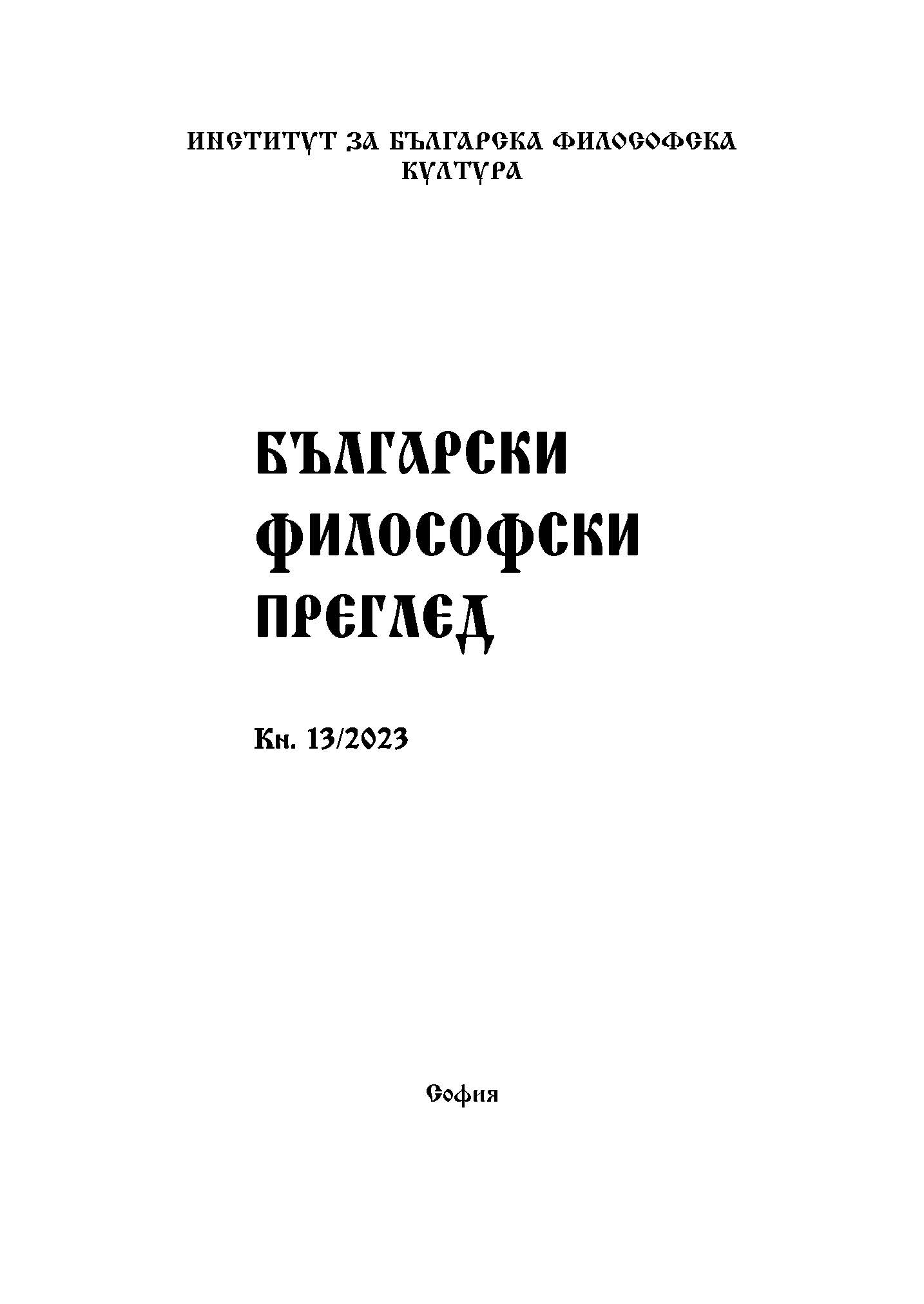Феноменология на желанието или „искам да изразя себе си“
Phenomenology of Desire or: „I Want to Express Myself”
Author(s): Oleg GeorgievSubject(s): Philosophy, Ethics / Practical Philosophy, Phenomenology
Published by: Институт за българска философска култура
Summary/Abstract: This text is an attempt to analyse a statement which has become popular in recent years: “I want to express myself”. In addition to being an expression of individuality, it is often used for the purposes of television ads aimed at the purchase of a new iPhone, a new eye shadow, a new “cool backpack”. Such self-suggestion, however, is not just an advertising trick, but an attitude that has its foundations in the philosophy of modernity and, in particular, in the new European anthropology, which has rethought and presented in a new way the subject of freedom and free volition of the subject. Elevated to the level of divine omnipotence, this human type of energy is the real news of the day there, and it replaces traditional metaphysical models of the world rooted in the old anthropological ideals of transcendent (image and likeness) or cosmic (microcosm) man. This attitude is a consequence of the notion that the subject’s activity dominates other types of human activity (such as contemplation, for example), and hence the feeling of its absolute dominance in the sphere of living itself. In turn, this insatiable drive for self-affirmation gradually gives birth to an incessant attempt at “self-expression”, for “self-presentation”, often turning the need to satisfy the whims of the body and the pursuit of continuous bodily pleasures into the purpose of living itself. With this, the strategy of showing, of “expressing” oneself has become a measure of personality today. Transformed into a magical incantation, “I want to express myself” removes all philosophical difficulties which prevent the “objective expression” of personality, and as a result what remains is a function of the realisation of a desire: “I do something in order to express (i.e. to be) myself”. Thus, a sign of equality is drawn between the declarative “expressing” and the act of “being”. The important question here then is, what do we mean by the words: “I want to express myself”. The statement suggests that “I” have reached a pinnacle of self-knowledge and know exactly “what I am”, something which the great minds of philosophy have puzzled over through the centuries. What is more: not only do I know what I am, but I can find the most appropriate way to express it. The main problem is, in fact, that the “self-expressor” ignores the question of what his or her will should be, replacing it with an intuitive personal commitment to an object or action. The irony here is that this kind of “phenomenological reduction” which reduces the uniqueness of the self to the “expressive” possession of an object or the realisation of a desire, seems to call into question or even make meaningless the question of what man really is. As well as the questions: “Who am I and what am I?” And with that, it displaces or rather renders meaningless and makes irrelevant an eternal problem – the problem of the meaning of human living.
Journal: Български философски преглед
- Issue Year: 2023
- Issue No: 13
- Page Range: 58-72
- Page Count: 15
- Language: Bulgarian
- Content File-PDF

